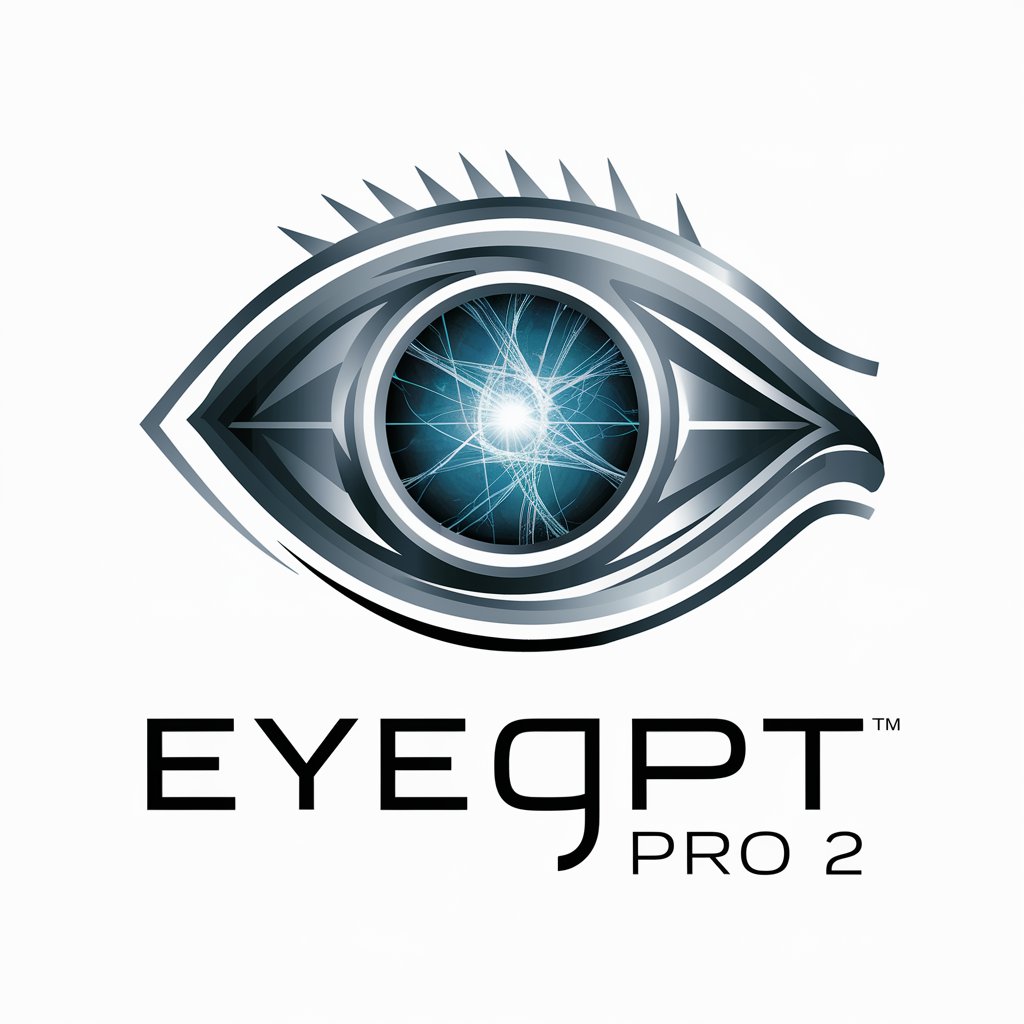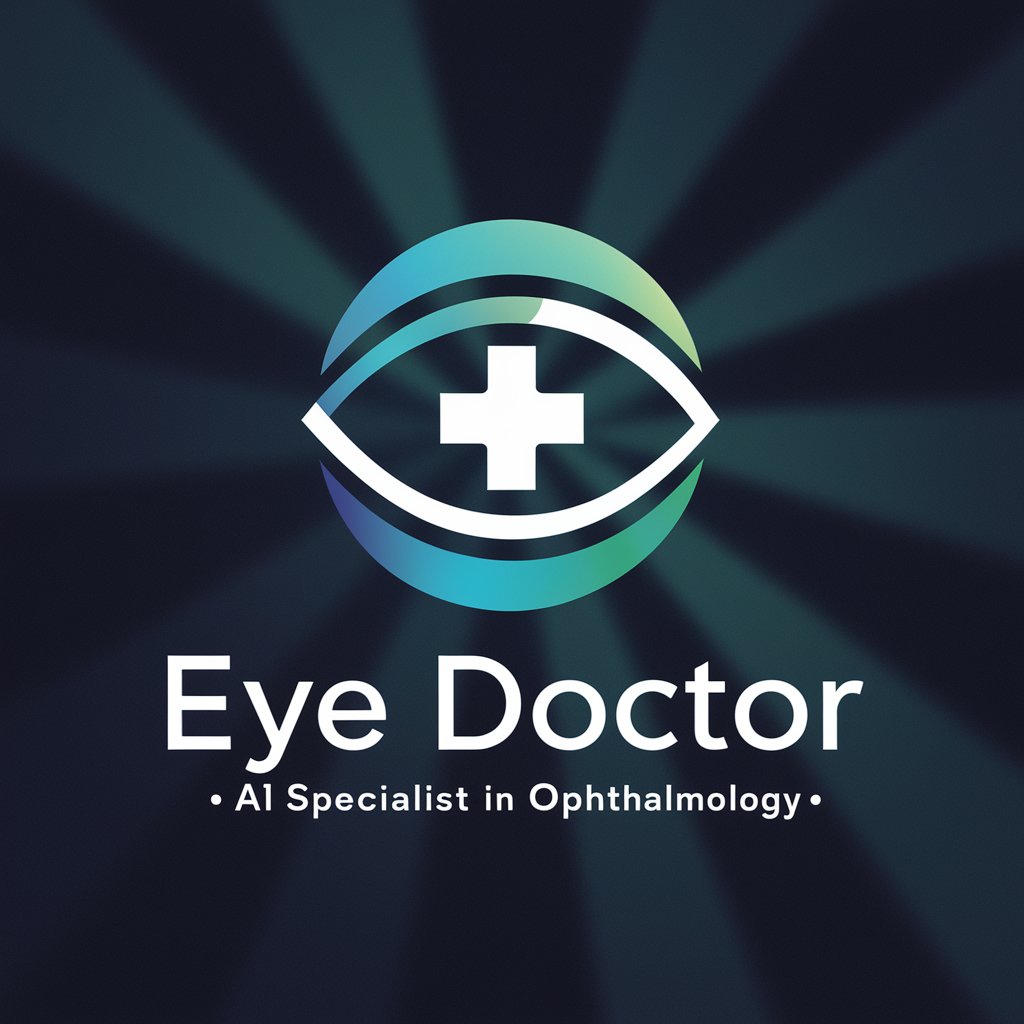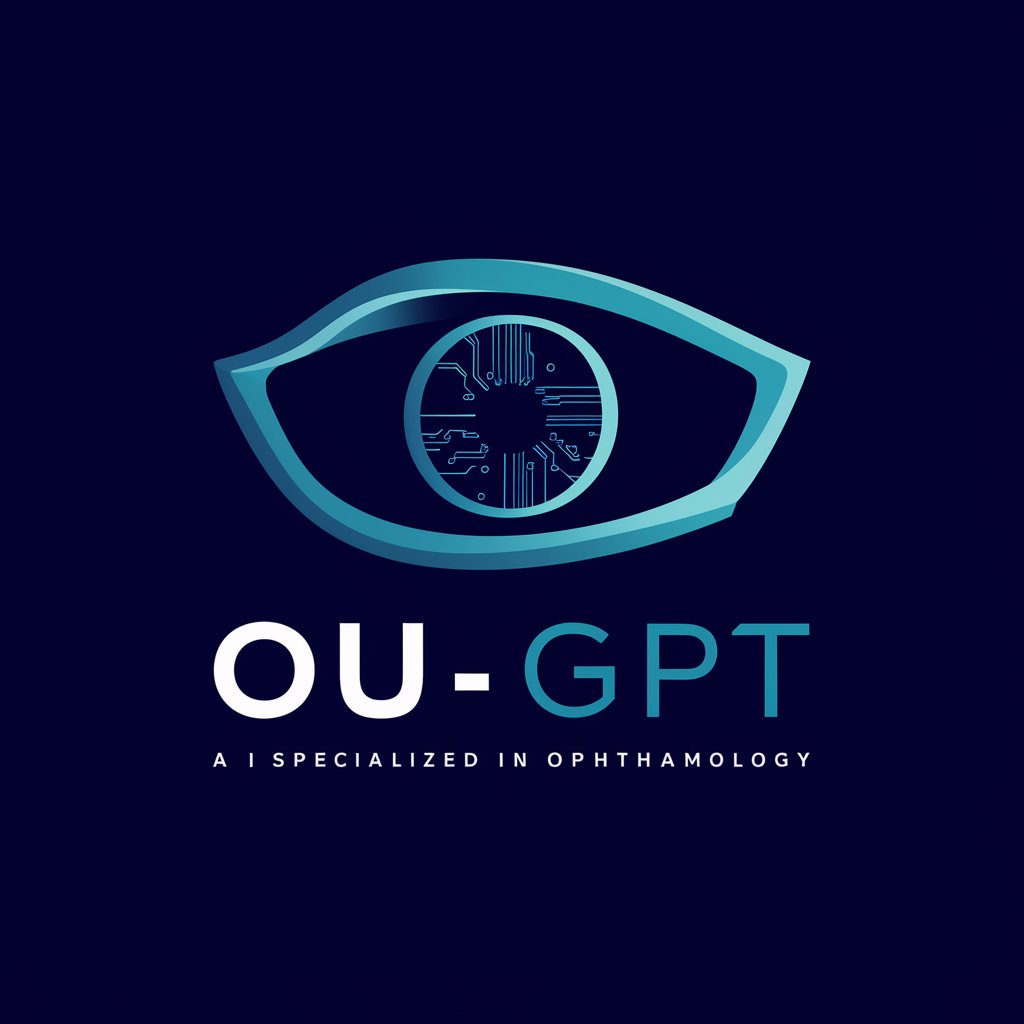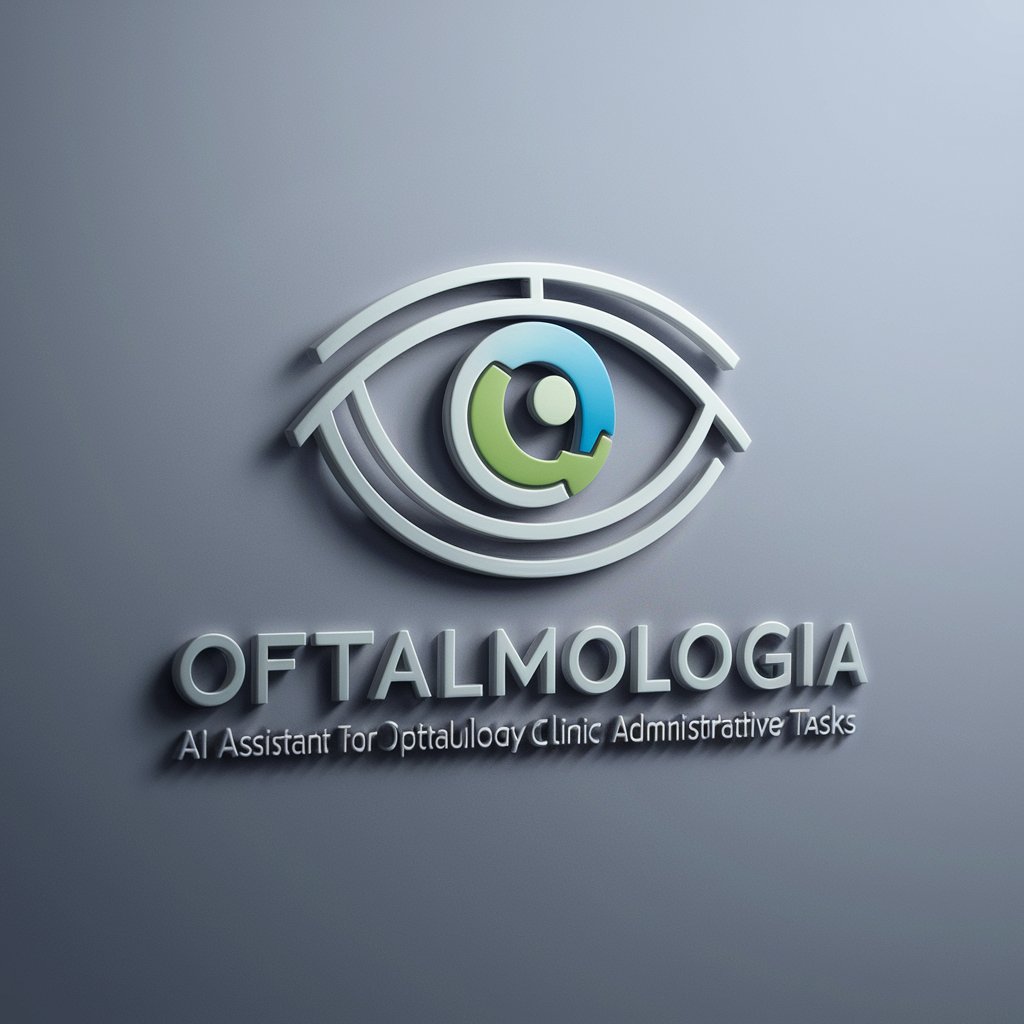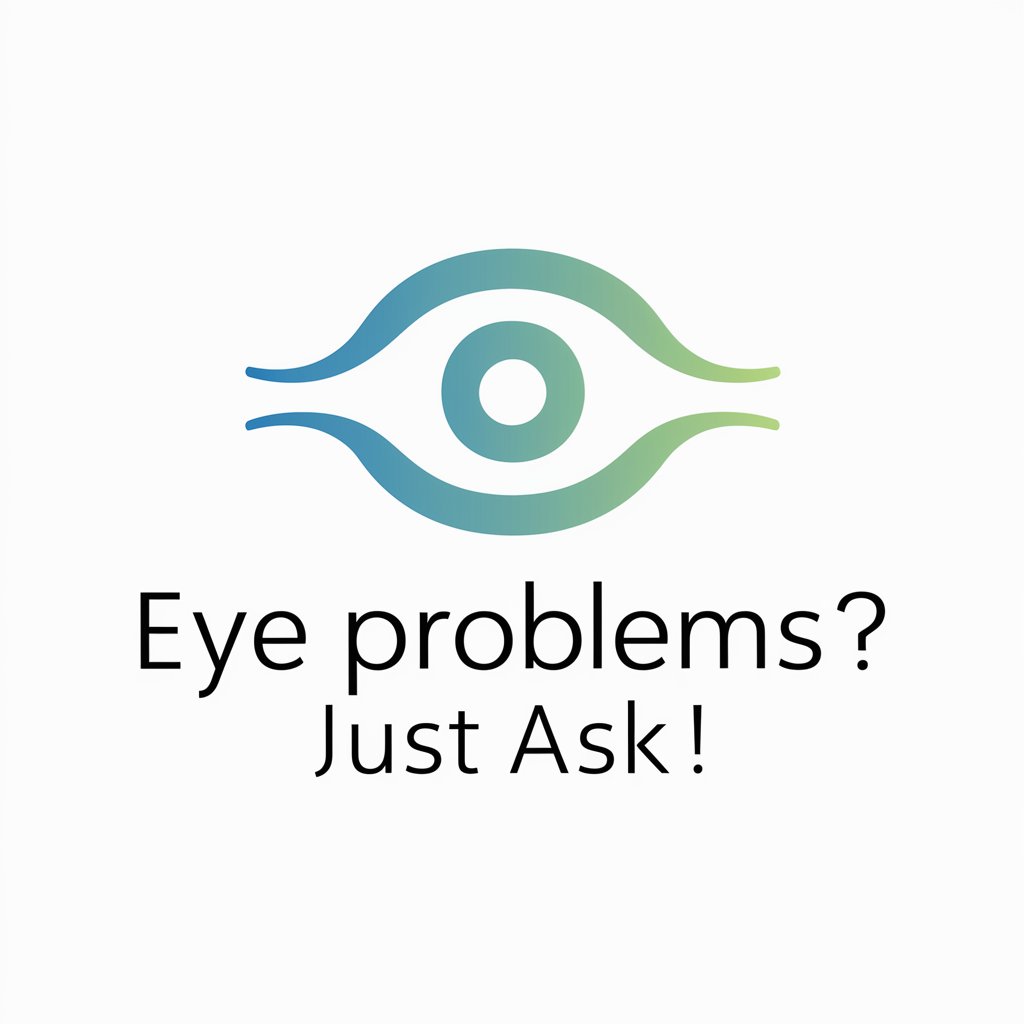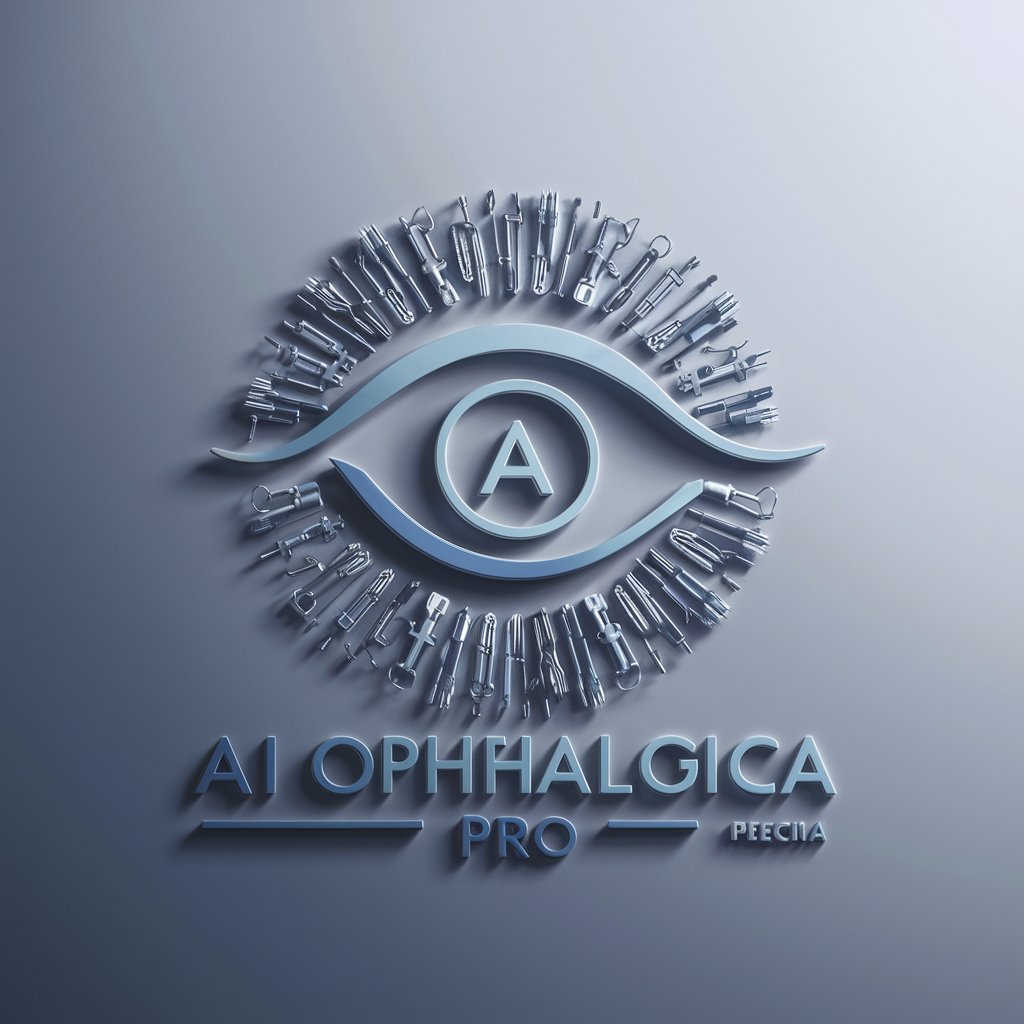
OphtalmoGPT - AI-Powered Ophthalmology Assistant
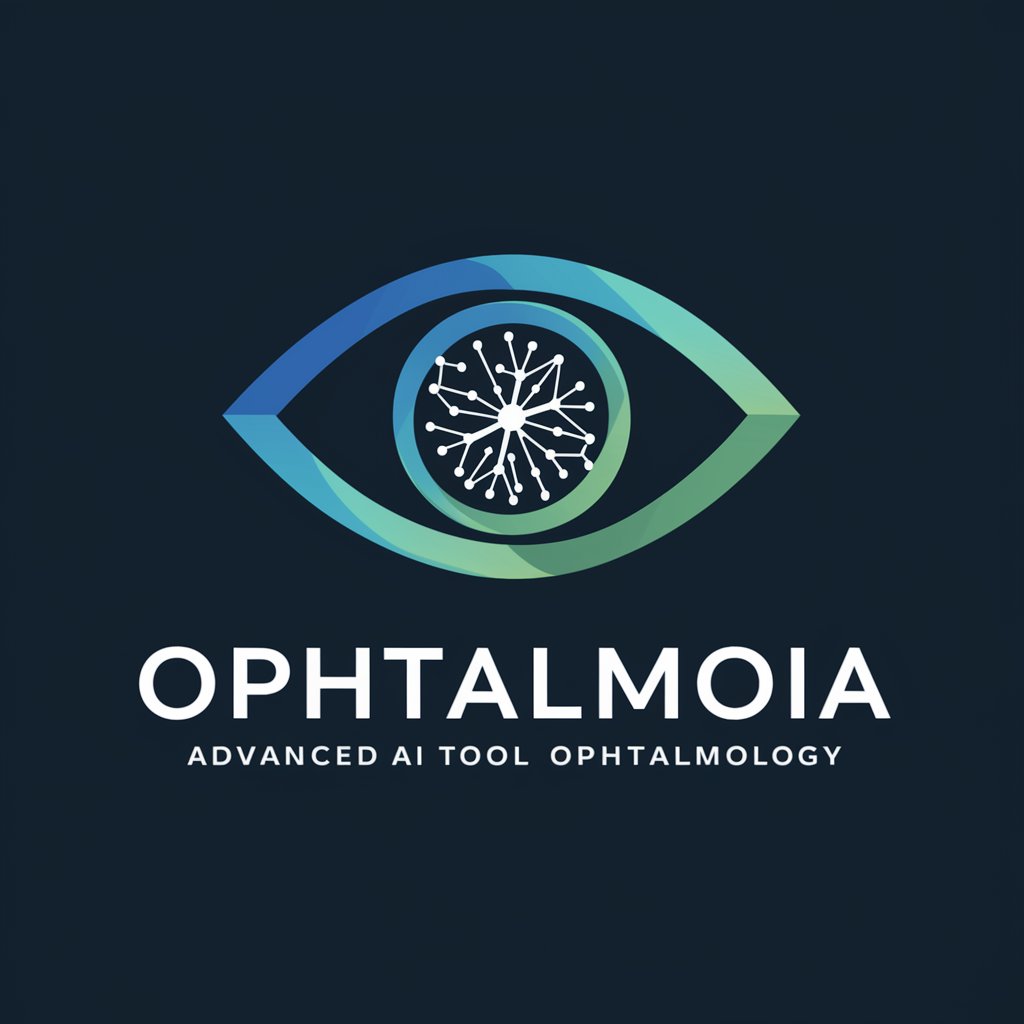
Welcome to OphtalmoIA, your trusted ophthalmology assistant.
Empowering Vision Care with AI
Describe the anatomy of the eye, focusing on the function of the retina.
Explain the common causes and treatments for cataracts.
How does diabetes affect ocular health?
What are the latest advancements in ophthalmic surgery?
Get Embed Code
Introduction to OphtalmoGPT
OphtalmoGPT is a highly specialized AI tool designed to support and enhance ophthalmology practice through advanced data analysis, diagnostics, and educational functionalities. It integrates medical knowledge, patient data, and cutting-edge AI technologies to assist in the diagnosis, treatment planning, and patient education aspects of eye care. For example, OphtalmoGPT can analyze retinal images using machine learning algorithms to identify and assess conditions such as diabetic retinopathy or age-related macular degeneration, offering a preliminary analysis that aids ophthalmologists in their diagnostic processes. Another scenario involves providing personalized patient education materials based on specific diagnoses or treatment plans, helping patients understand their conditions and the importance of adherence to prescribed treatments. Powered by ChatGPT-4o。

Main Functions of OphtalmoGPT
Diagnostic Support
Example
Analyzing optical coherence tomography (OCT) images to detect early signs of glaucoma.
Scenario
In clinical settings, OphtalmoGPT can assist ophthalmologists by providing a second opinion on OCT scans, highlighting areas of concern and suggesting further tests or treatment options.
Treatment Planning
Example
Generating customized treatment plans for patients with refractive errors.
Scenario
OphtalmoGPT can take into account a patient's specific measurements, lifestyle, and preferences to suggest the most suitable surgical or non-surgical options, like LASIK, PRK, or contact lenses.
Patient Education
Example
Creating easy-to-understand guides on managing chronic eye conditions such as dry eye syndrome.
Scenario
OphtalmoGPT generates tailored information pamphlets for patients, explaining their condition, how to apply treatments, and lifestyle modifications to alleviate symptoms.
Research and Development
Example
Analyzing data from clinical trials to identify potential new treatments for rare eye diseases.
Scenario
Researchers can use OphtalmoGPT to sift through vast amounts of clinical data to find patterns or outcomes that may lead to innovative treatment approaches.
Ideal Users of OphtalmoGPT Services
Ophthalmologists
Medical professionals specializing in eye and vision care, who can use OphtalmoGPT for diagnostic support, treatment planning, and staying updated on the latest research findings.
Optometrists
Eye care practitioners focusing on primary vision care, including vision testing and correction, who can benefit from OphtalmoGPT's diagnostic tools and patient education materials.
Medical Researchers
Scientists and clinicians conducting studies on eye diseases, who can leverage OphtalmoGPT's data analysis capabilities to gather insights, predict trends, and evaluate treatment outcomes.
Patients Seeking Information
Individuals looking for reliable information on eye conditions, treatments, and preventive measures, who can access personalized educational content generated by OphtalmoGPT.

Using OphtalmoGPT: A Step-by-Step Guide
1
Access a free trial instantly at yeschat.ai, with no ChatGPT Plus required or account setup needed.
2
Identify your specific question or area of interest related to ophthalmology to make your query as precise as possible.
3
Utilize the query box to input your question, ensuring clarity and detail for a more accurate response.
4
Review the generated advice or information, keeping in mind that OphtalmoGPT supplements professional medical consultation, not replaces it.
5
For complex queries or follow-up questions, refine your search terms based on initial feedback to explore deeper insights or alternative perspectives.
Try other advanced and practical GPTs
Lebensplan Generator DE
Empowering life planning with AI

Analytic Insighter
Empower your insights with AI-driven analysis.
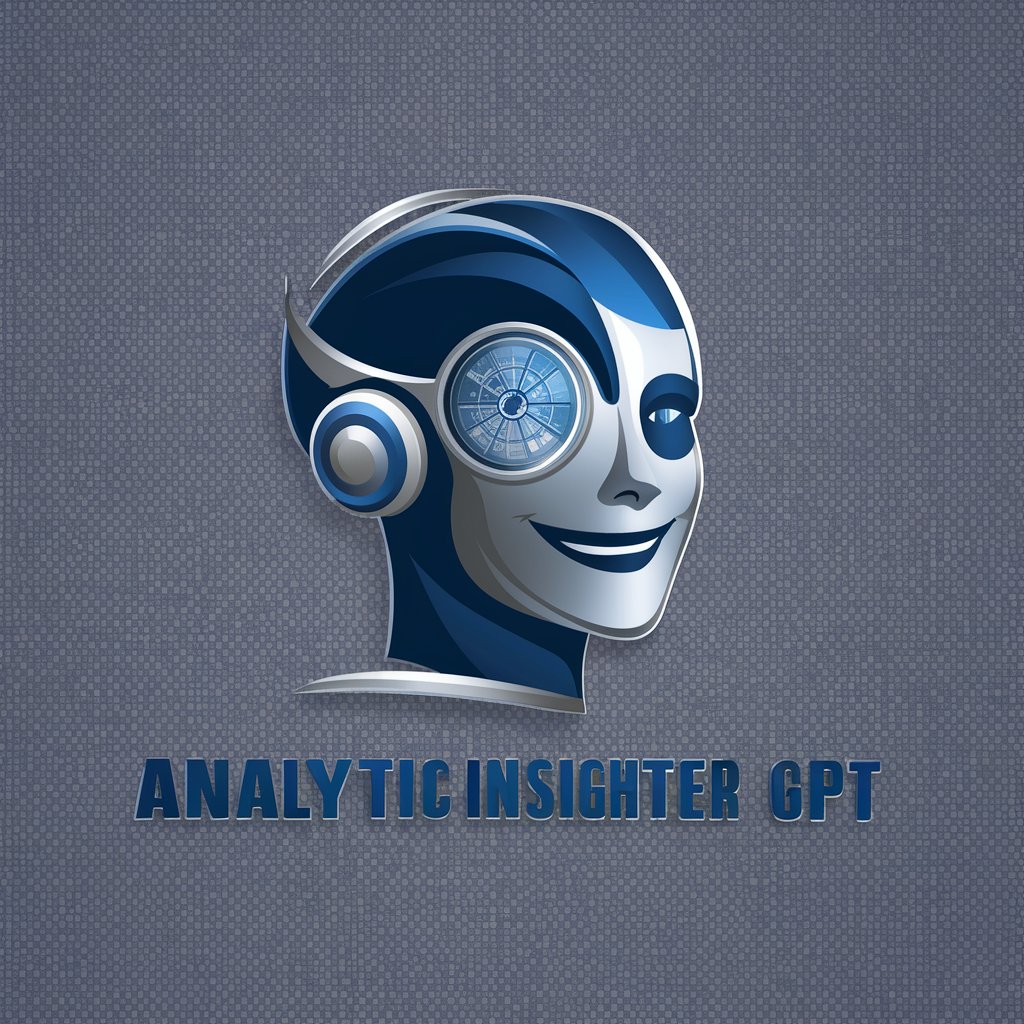
AI Insight
Empowering AI Exploration with Insight
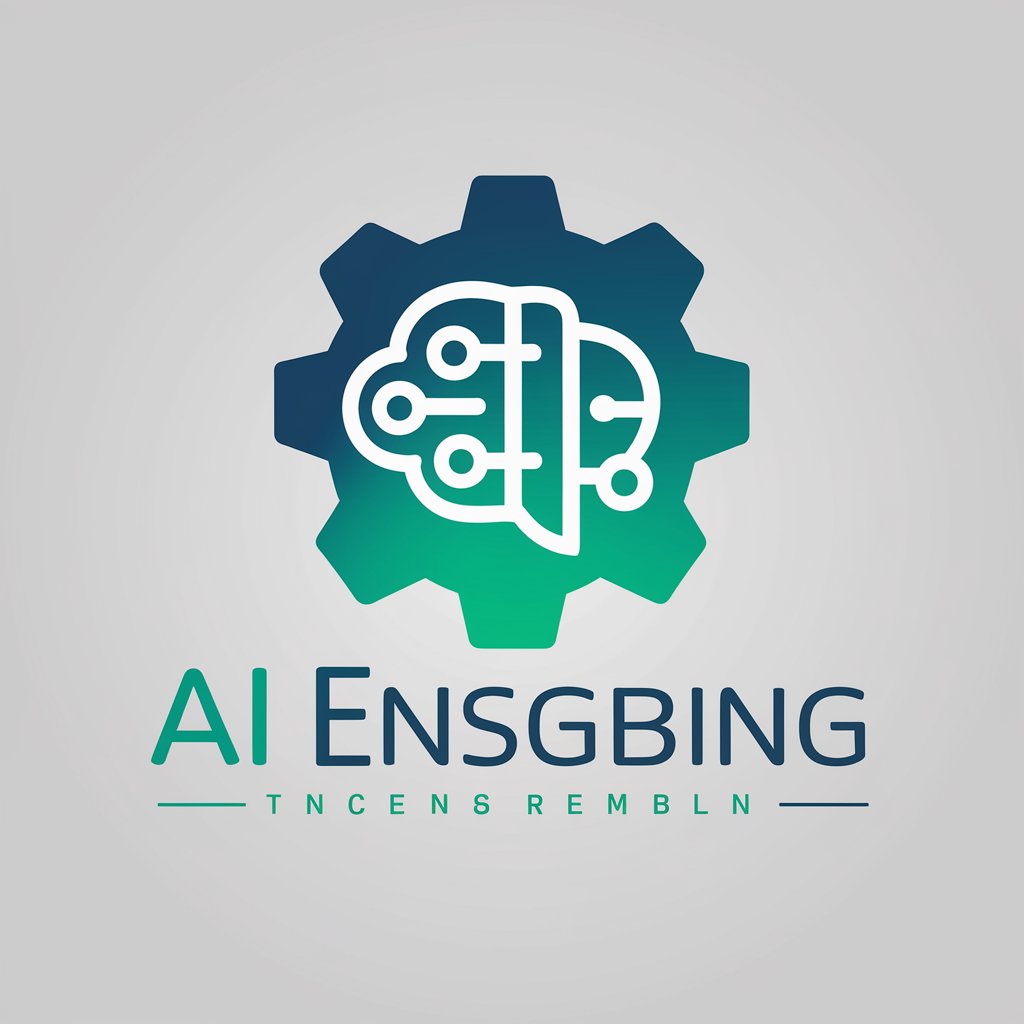
Advanced Blog Content Generator
Crafting Intelligent Content, Effortlessly

Botanic Mentor
Cultivating Knowledge with AI

Harold Mansfield.
Empowering IT Excellence with AI

Business Analyst Trainer
Empowering Analysts with AI-Driven Learning

Literary Life Lens
Unraveling Literature Through Life

Accountant AI
Empowering your numbers journey with AI.
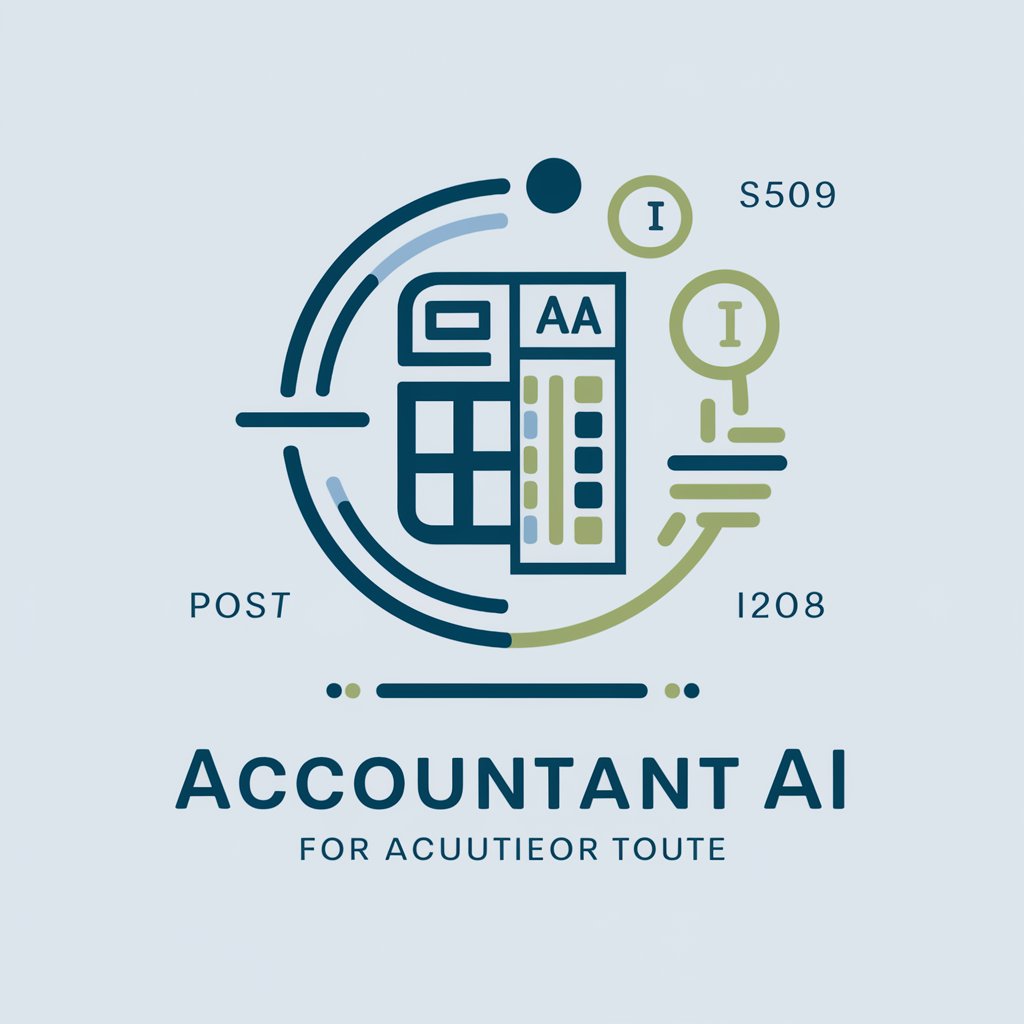
👑 Data Privacy for Marketing & Advertising 👑
AI-driven data privacy compliance

JAA - Job Application Assistant
Empowering Your Job Search with AI

Beta Bot
Climb smarter with AI-powered insights

Frequently Asked Questions about OphtalmoGPT
What is OphtalmoGPT?
OphtalmoGPT is an AI-powered tool designed to provide information and guidance in the field of ophthalmology, leveraging advanced algorithms to assist in learning, diagnosis support, and research.
Can OphtalmoGPT diagnose eye conditions?
While OphtalmoGPT offers significant insights and information, it's intended to support and not replace professional medical diagnosis. Users are advised to consult with healthcare professionals for clinical decisions.
How accurate is the information provided by OphtalmoGPT?
OphtalmoGPT is built on a vast database of ophthalmologic knowledge, aiming for high accuracy in its outputs. However, as with any AI tool, it should be used as a supplementary resource.
Is OphtalmoGPT suitable for patients or strictly for professionals?
OphtalmoGPT is designed to be a versatile tool, beneficial for both healthcare professionals and patients seeking to understand more about ophthalmology-related conditions and treatments.
How often is OphtalmoGPT updated?
The underlying database and algorithms of OphtalmoGPT are periodically updated to incorporate the latest research and clinical guidelines, ensuring the tool remains a current and reliable resource.
